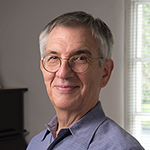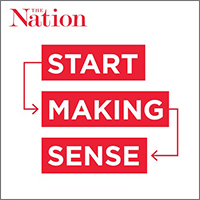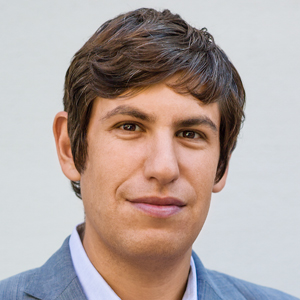 Listen HERE
Listen HERE
Black Votes Matter — in Ferguson: A federal trial challenging the city’s discriminatory election system is underway. ARI BERMAN reports—he’s The Nation’s expert on voting rights struggles, past and present.
Also: Feminists and Hillary, for and against: LIZA FEATHERSTONE and KATHA POLLITT consider whether Hillary or Bernie offers the most promise, especially for poor and working women.
 Plus: The Gay Revolution: LILLIAN FADERMAN explores the 50-year fight for gay, lesbian, and trans civil rights—the years of outrageous injustice, the early battles, the heart-breaking defeats, and the victories beyond the dreams of the gay rights pioneers. Her new book is The Gay Revolution.
Plus: The Gay Revolution: LILLIAN FADERMAN explores the 50-year fight for gay, lesbian, and trans civil rights—the years of outrageous injustice, the early battles, the heart-breaking defeats, and the victories beyond the dreams of the gay rights pioneers. Her new book is The Gay Revolution.
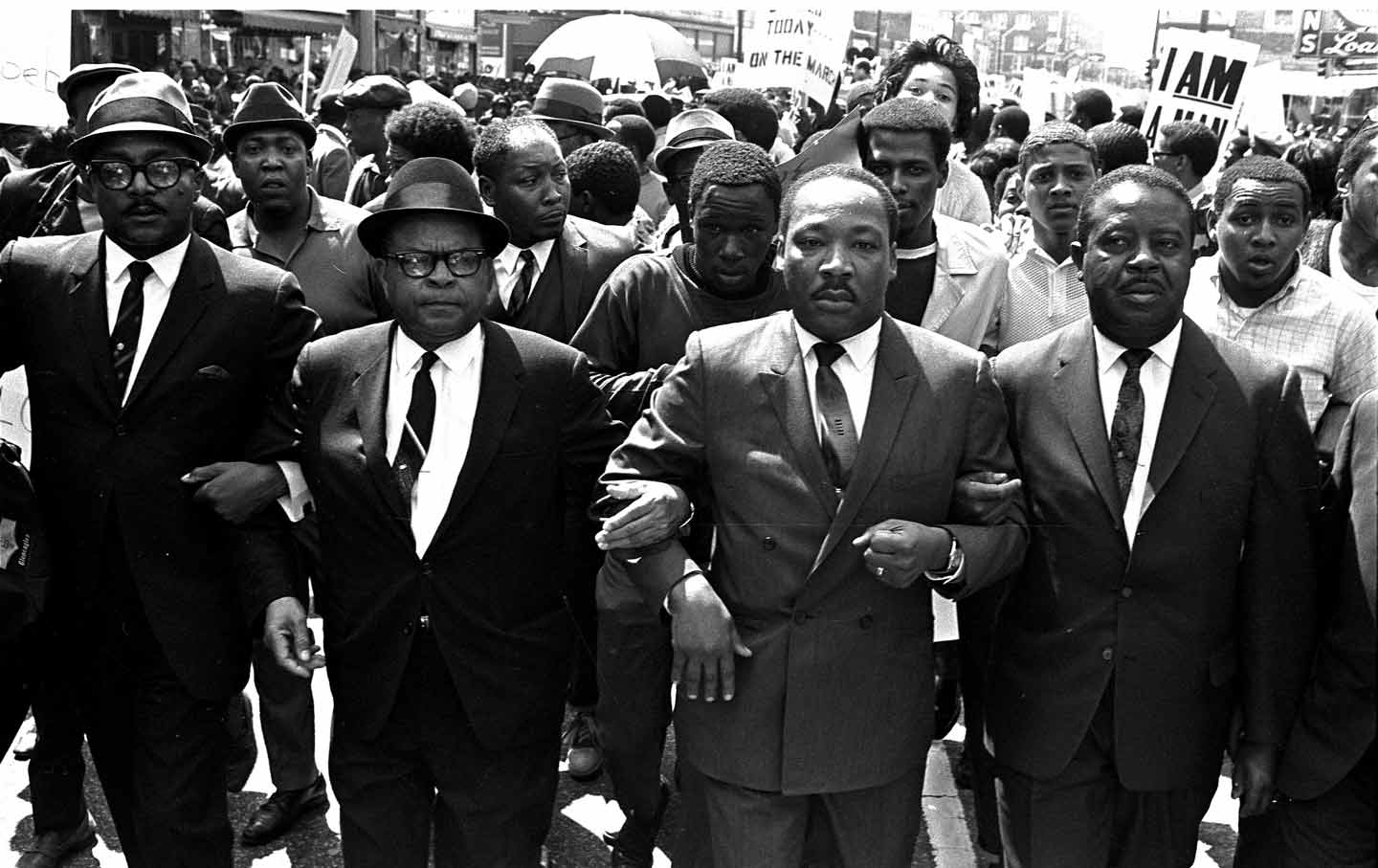 Tavis Smiley talks about Martin Luther King’s final year—the year that began with his speech condemning the war in Vietnam, where he called the US “the greatest purveyor of violence in the world today.” That year ended, of course, with the sanitation workers’ strike in Memphis.
Tavis Smiley talks about Martin Luther King’s final year—the year that began with his speech condemning the war in Vietnam, where he called the US “the greatest purveyor of violence in the world today.” That year ended, of course, with the sanitation workers’ strike in Memphis. LISTEN online
LISTEN online  And Tavis Smiley talks about Martin Luther King’s last year—the year that began with his speech condemning the war in Vietnam, where he called the US “the greatest purveyor of violence in the world today.”
And Tavis Smiley talks about Martin Luther King’s last year—the year that began with his speech condemning the war in Vietnam, where he called the US “the greatest purveyor of violence in the world today.” Listen online
Listen online Plus: How a small number of people can accomplish great things–and change history. We’ll speak with ERIC FONER about the hidden history of the underground railroad—his book Gateway to Freedom is out in paperback now.
Plus: How a small number of people can accomplish great things–and change history. We’ll speak with ERIC FONER about the hidden history of the underground railroad—his book Gateway to Freedom is out in paperback now. LISTEN online
LISTEN online  Also: It’s the first anniversary of the attack on Charlie Hebdo in Paris. Charb, the editor-in-chief, finished a manifesto two days before he was killed; we have comment from Amy Wilentz and Adam Gopnik—he wrote the forward to Charb’s book.
Also: It’s the first anniversary of the attack on Charlie Hebdo in Paris. Charb, the editor-in-chief, finished a manifesto two days before he was killed; we have comment from Amy Wilentz and Adam Gopnik—he wrote the forward to Charb’s book. A caravan of four Stanford football buses roars down Pico Boulevard with a police escort — in town for the Rose Bowl. I stand at the corner with a delivery guy from the Domino’s Pizza down the block — he’s an older Latino man.
A caravan of four Stanford football buses roars down Pico Boulevard with a police escort — in town for the Rose Bowl. I stand at the corner with a delivery guy from the Domino’s Pizza down the block — he’s an older Latino man. Listen online
Listen online Plus: Kenneth Turan of the LA Times talks about “The Big Short”: A true crime story and a wild comedy, a heist film and a movie with a message, “The Big Short” tells the story of “outsiders who saw the giant lie at the heart of the economy.” READ Turan’s review
Plus: Kenneth Turan of the LA Times talks about “The Big Short”: A true crime story and a wild comedy, a heist film and a movie with a message, “The Big Short” tells the story of “outsiders who saw the giant lie at the heart of the economy.” READ Turan’s review  Listen online
Listen online  Also: JOHN POWERS reports on Canada’s popular new prime minister, Justin Trudeau, who has already welcomed Syrian refugees—and defended the Alberta tar sands. John writes about politics and film for Vogue and Vogue.Com, and is editor-at-large on Fresh Air with Terry Gross, where he has an audience of four million listeners.
Also: JOHN POWERS reports on Canada’s popular new prime minister, Justin Trudeau, who has already welcomed Syrian refugees—and defended the Alberta tar sands. John writes about politics and film for Vogue and Vogue.Com, and is editor-at-large on Fresh Air with Terry Gross, where he has an audience of four million listeners. Listen online
Listen online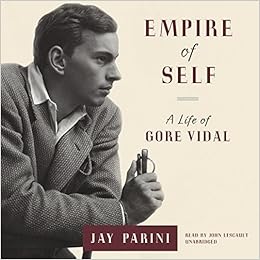 Also: guns in America: what is to be done? AMY WILENTZ comments—starting with her friend who keeps his guns under his bed.
Also: guns in America: what is to be done? AMY WILENTZ comments—starting with her friend who keeps his guns under his bed. Listen online
Listen online  Also: TOM LUTZ reports on his trip to Minsk, in Belarus, just before the city’s greatest writer, Svetlana Alexievich, won the Nobel Prize for Literature for her oral history of Chernobyl.
Also: TOM LUTZ reports on his trip to Minsk, in Belarus, just before the city’s greatest writer, Svetlana Alexievich, won the Nobel Prize for Literature for her oral history of Chernobyl.